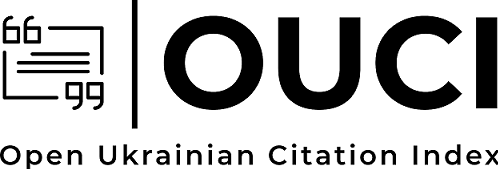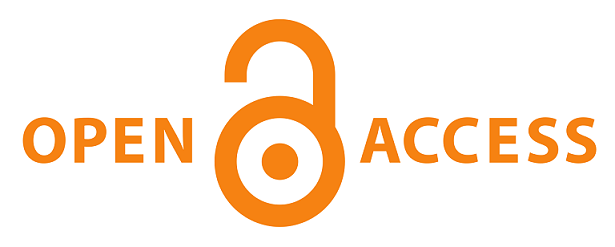Open Access Policy
The journal follows the principles of open science and provides free and unrestricted access to all published content.
No APC
Submission, peer review, processing, and publication of articles are carried out free of charge for authors (no Article Processing Charges – APCs). This reflects the pablisher’s commitment to supporting the open dissemination of scholarly knowledge.
Licensing
All articles are published under the international Creative Commons Attribution (CC BY-NC-SA 4.0) licence, which permits use, distribution, and reproduction in any medium, provided the original work is properly cited. The licensing terms ensure a balance between author rights and the needs of the scholarly community.
Self-Archiving (Green Open Access)
The publisher allows authors to deposit the final version of the article (the Author’s Accepted Manuscript, AAM) in institutional or subject repositories, where it is made available in open access, ensuring maximum visibility and impact of the publication.
Archiving and long-term preservation
Published articles are archived in the full-text database of the Vernadsky National Library of Ukraine “Scientific Periodicals of Ukraine”, as well as in international open access services. This guarantees reliability, long-term preservation, and global accessibility for researchers, educators, and practitioners.













